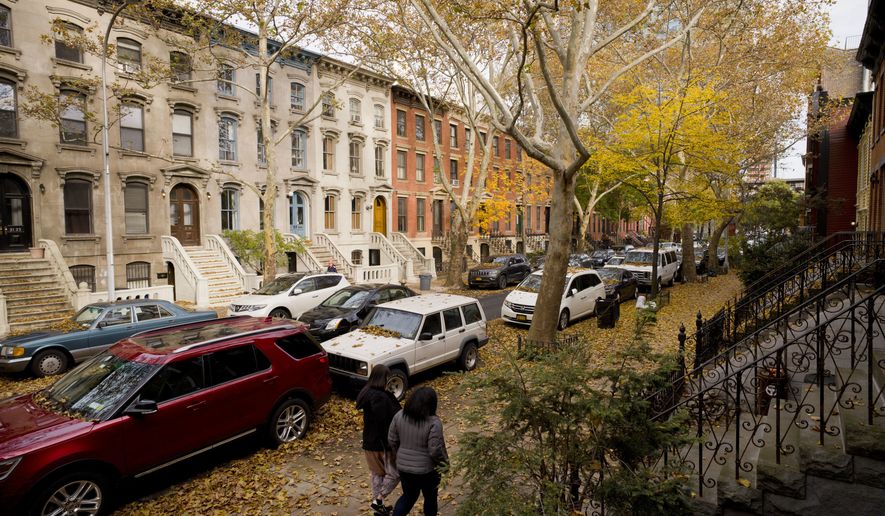OPINION:
If you are planning to retire sometime in the next several years, then you should stress test your plans — living arrangements, retirement portfolio and income and anticipated leisure pursuits — because retirement is like your first days in kindergarten, full of surprises.
In our 40s and 50s, as the pressures of college tuition, aging parents perhaps approaching the end of life and wearing job responsibilities take their toll, we daydream of endless golf, fly fishing and needlepoint, never again shoveling snow or escaping summer heat by moving to places where we now only briefly vacation.
Those spots are great two to four weeks a year but may not suit well as permanent residences. Balancing access to children, good medical attention, affordability and climatic preferences requires careful research. A quick Google search will yield a wealth of information about the best places to retire, and it’s wise to visit several likely venues at least three times.
An initial scout visit to compare several likely locations, second visits to two or three finalists with realtors to see what you can reasonably afford and then a month or so, off-season to test drive your retirement routine.
Nantucket is great in the summer — but winters are long and you may not blend well with year-round residents, busy with working lives and raising kids. Some place with more year-round retirees may suit you better.
Dedicated retirement venues pose risks, too. Golf communities have been forced to close their courses for lack of new members as residents turn over. And conflicts often emerge as younger more affluent retirees arrive and homeowners’ associations impose assessments for new athletic facilities and other upgrades.
Stable, diverse communities — affluent enough to keep the streets paved and most folks gainfully employed but with enough retirees to keep you company in the winter — may be best.
What you can afford requires careful attention to leaving enough in retirement investments to supplement Social Security and pensions. With children off the payroll and parents often gone, life can still be expensive because medical costs are higher — it’s easy for couples to spend upwards of $25,000 a year even when they are reasonably healthy.
Retirees travel and pursue more leisure activities. If you can get along reading what’s available in the public library, you are blessed. Otherwise expect to spend more money to fill your time.
Whether you stay in place or move, your residence will occasionally require big ticket items like a new roof, furnace and air conditioner or replacement of your suite of kitchen and laundry appliances.
During prime working years, you should invest the money you will need for college tuition, weddings, a new car and other major contingencies in money market funds and a range of CDs or Treasury securities with up to five to seven year maturities. And place retirement savings in an S&P 500 index fund or similar vehicle. About 10 years prior to retirement, gradually rebalance the portfolio to 50 percent in fixed income and stocks.
At retirement, if you can meet your realistic expenses withdrawing 3.5 percent a year from each pot, your money should last 35 years. That is a prudent planning assumption for a couple in reasonably good health at 65 or so.
However, a recession early in retirement can cause a crisis — you may be selling stocks at a time when prices are depressed. And with three-quarters of business economists worried about a recession by the end of 2021, it’s best to stress test your portfolio.
During the last two big financial meltdowns (1973-1975 and 2007-2009), the S&P 500 dropped 57 percent and 48 percent — but we are unlikely to see anything like those in 2020 or 2021. During the other eight post-war recessions, the average decrease was 21 percent.
With assets evenly divided between stocks and fixed income, estimate if you can live on 3.5 percent with stock values suddenly dropping 25 percent, staying depressed for two years and then gradually recovering over the next five years. And moving enough cash from fixed income to stocks to maintain a 50-50 balance during those two years of depressed values.
Just like the banks, a stress test asks if your fixed capital — in your ladder of CDs and similar securities — would be adequate to see you through. If not, you should consider working a few more years.
• Peter Morici is an economist and business professor at the University of Maryland, and a national columnist.




Please read our comment policy before commenting.